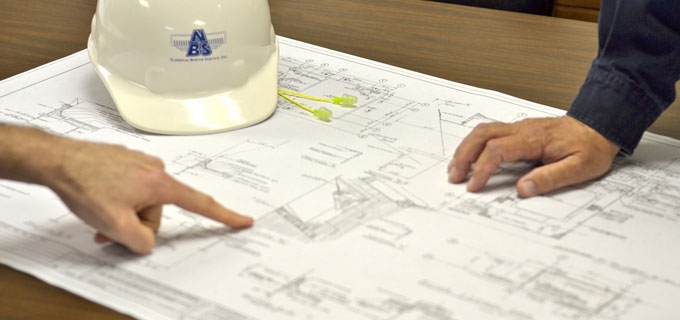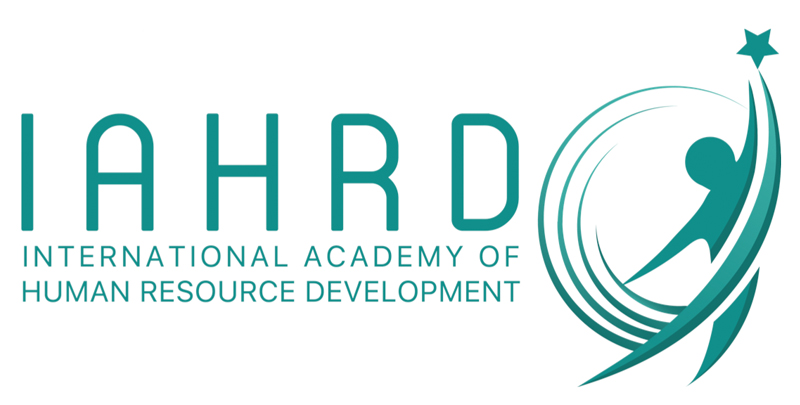
Preparing a Flexible, Effective, and Efficient Project Coordinator
Preparing a Flexible, Effective, and Efficient Project Coordinator
Introduction:
This course is introduced to you by the International Academy of Human Resources Development (IAHRD). Our courses are specially designed to meet your needs, explained to you by experts with a long experience in the field. The project coordinator plays a major role in the organization's project team. A project coordinator is the right hand of a project manager. Becoming a successful project coordinator needs a lot of effort and experiences as it will improve over time. This course will make your life much easier as a project coordinator, especially that it will provide you with the needed knowledge and introduce you to others experiences in order to learn with the least risks and costs.
Objectives:
After attending this course, participants will be able to:
- Understand the important role of a project coordinator.
- Grasp the relationship between the project manager and the project coordinator responsibilities.
- Measure and report the projects performance to improve it in the future.
- Comply with budgets and deadlines.
- Deeply understand the lifecycle of a project.
- Understand the potential risks and challenges that might face a project coordinator and hoe to overcome them.
Content:
Module 1:
- Who is a project coordinator?
- Project Managers vs. Project coordinator.
- The roles and responsibilities of a project coordinator.
- The goals of a project coordinator.
Module 2:
- What are the projects constraints?
- Teams, tasks, and deadlines.
- Evaluating the background and previous experiences of a project coordinator.
Module 3:
- Going through The life cycle of project management.
- Project planning
- Common project constraints.
- Planning of the Project scope.
Module 4:
- The importance of the factor of time.
- What do we mean by the Project Network Diagram (PND)?
- The process of estimating duration and resources.
- Using the Critical Path (CP) method.
Module 5:
- Determining and compressing the schedule.
- Efficiency and Cost planning.
- Environmental potential risks.
Module 6:
- Overcoming the risks.
- Ensuring the concept of value.
- Measuring and reporting project performance.
- Project closeout.
Who Should Attend?
- Current Project Coordinators
- Team Leaders and Supervisors interfacing with projects
- Individuals interested in entering the project management field
- Functional Managers commonly interfacing with projects
- Administrative Staff seeking understanding of the Project Coordinator role
